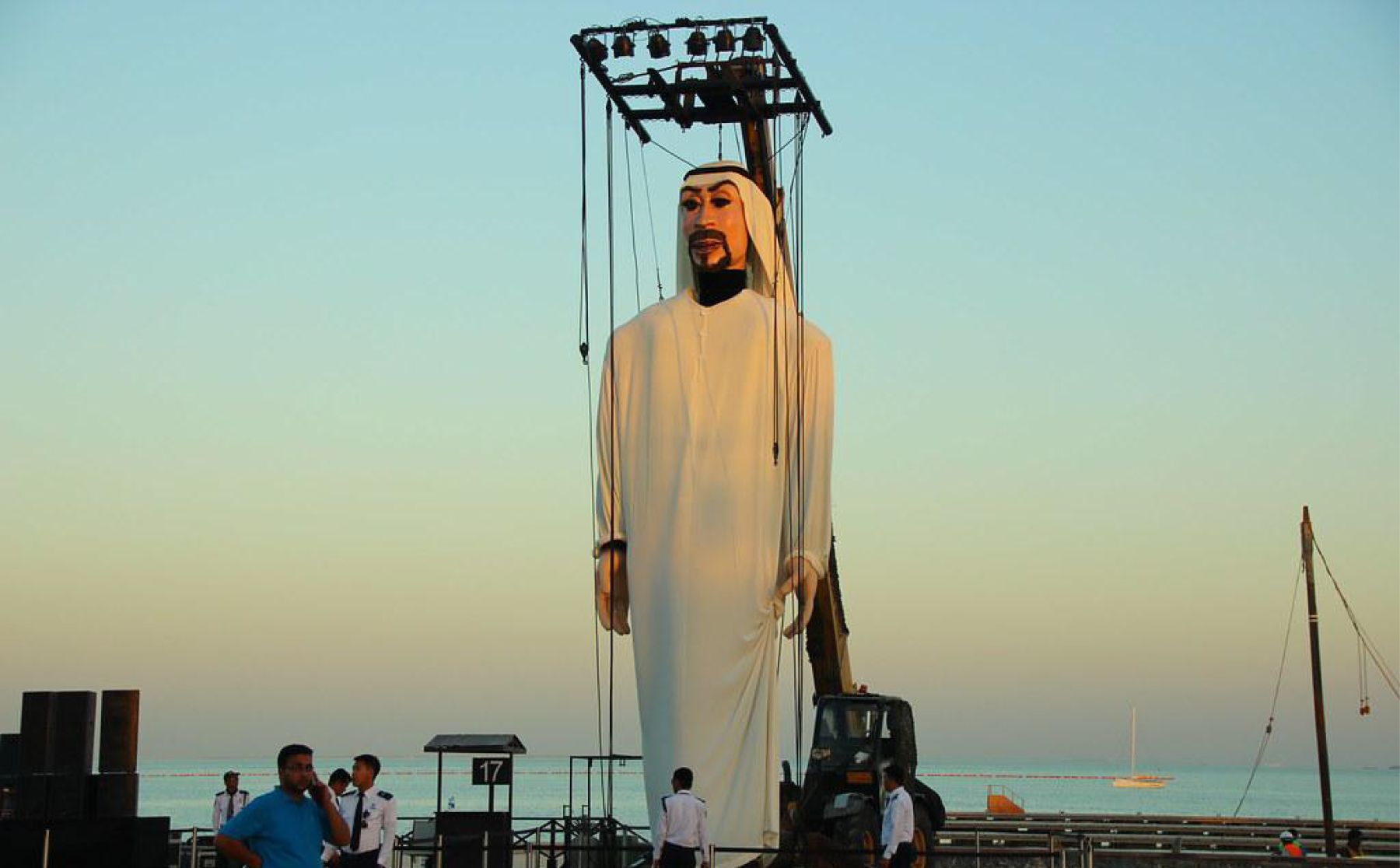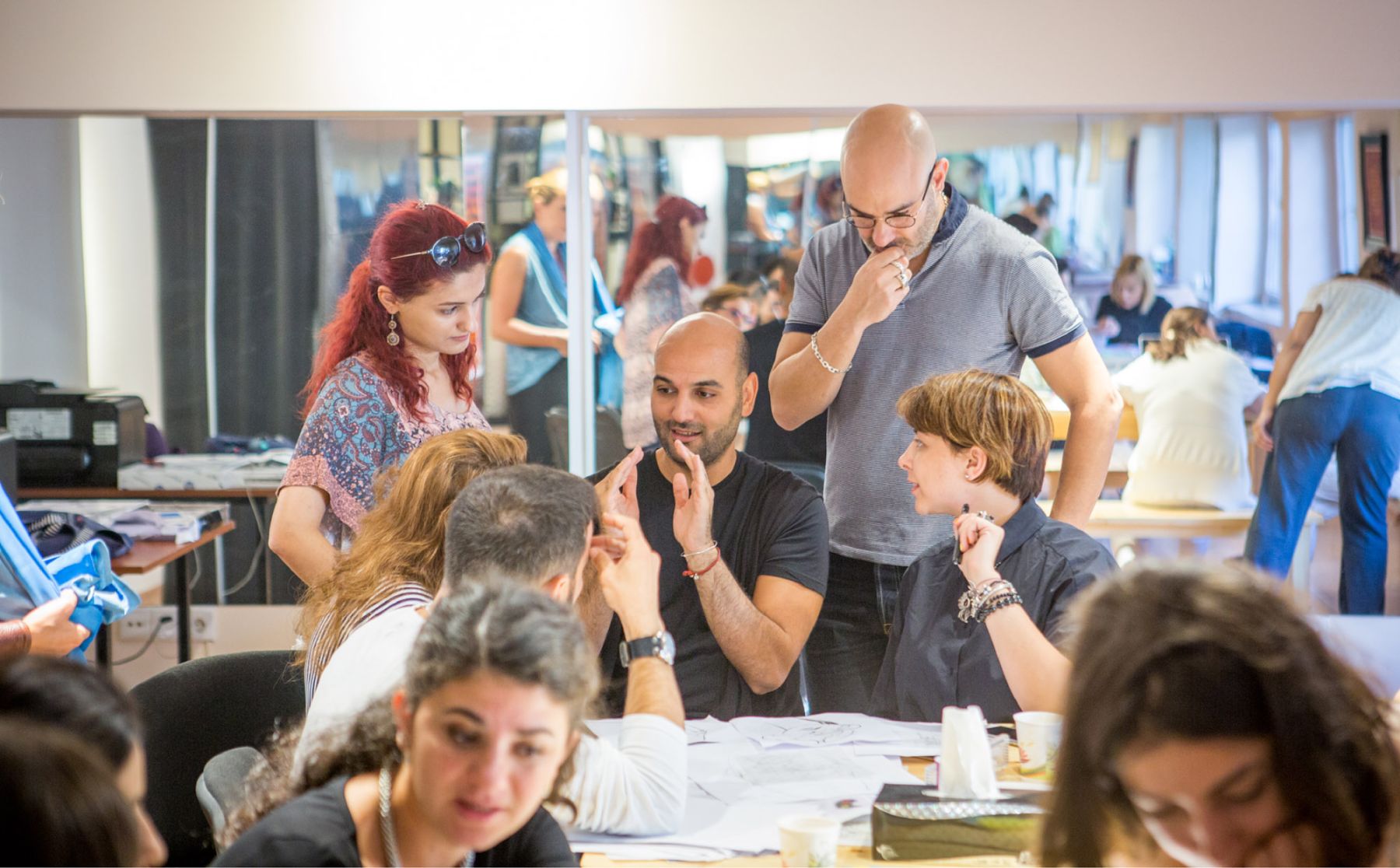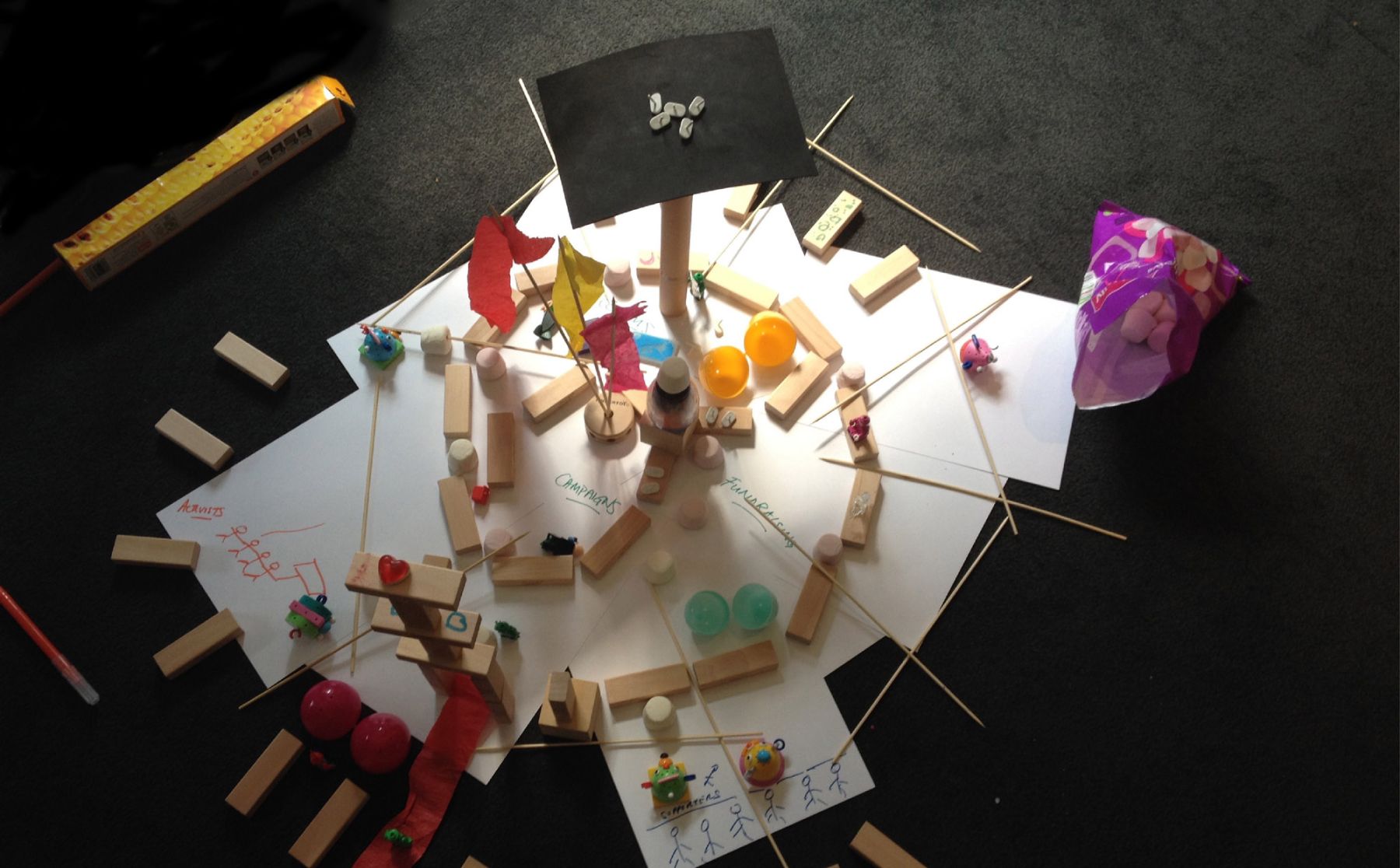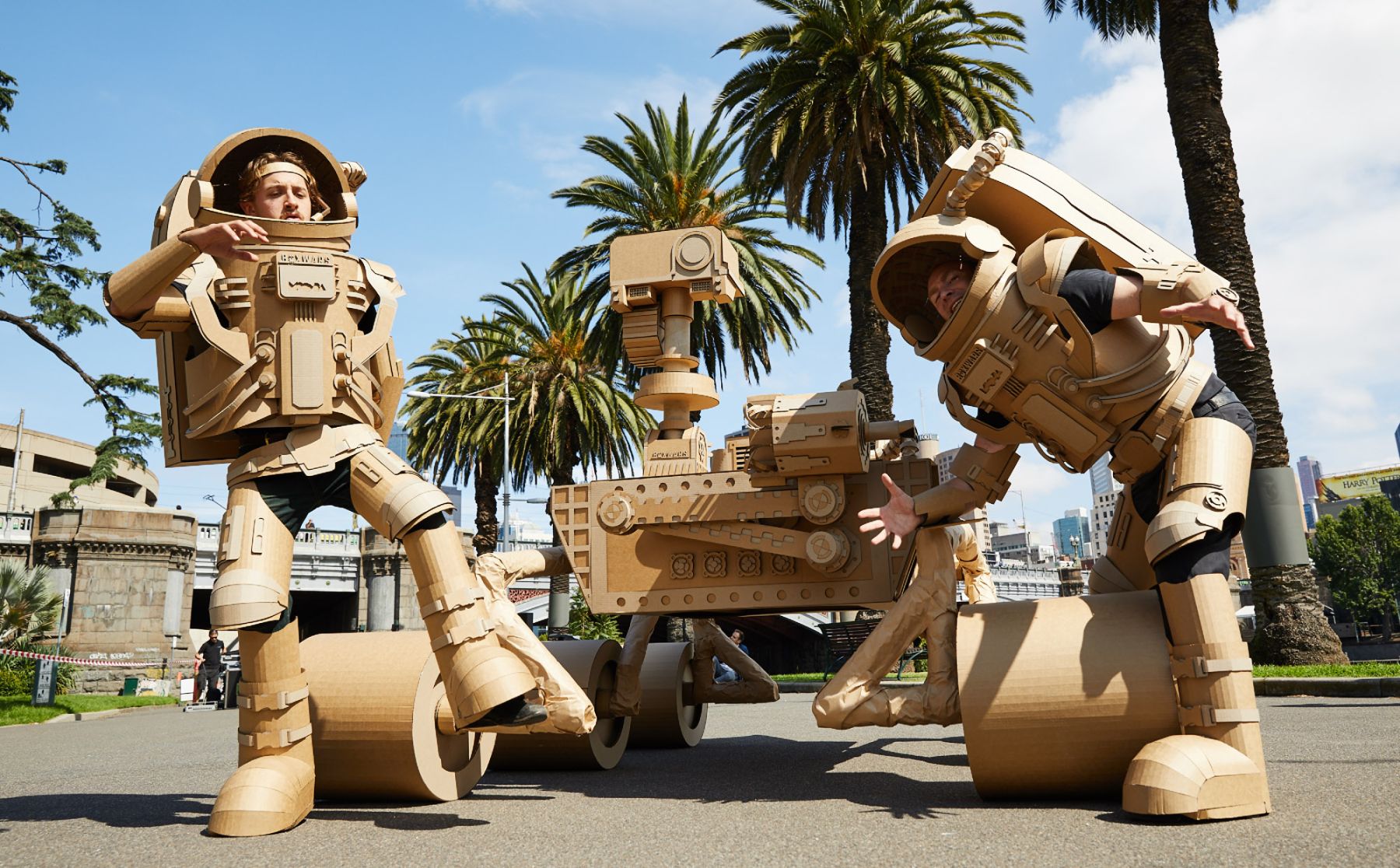It should be no surprise that we celebrate International Translation Day at the King Abdulaziz Center for World Culture (Ithra). After all, translation is one of the most important bridges for connecting people from various world cultures. A writer and translator whom I particularly admire, and recently had the opportunity to speak with, is Bandar Al-Harbi. According to him, translation resembles the fusion of Eastern and Western cultures by creating shared meanings but with different pronunciations. He explains his process of translation as empathizing with the other, to understand the inventive process used to create the original text. His goal is to come up with a collective cultural text that is singular in meaning and diverse in pronunciation.
“If we were to compare the libraries of different countries today,” Al-Harbi says, “we would agree that the Arab library is rich with publications distinguished by originality and depth. However, we would also agree that they lack diversity. How? By taking a quick look at the classification system of any Arab library, we will find an abundance of linguistic and literary publications amidst a shortcoming in scientific and technical ones. Due to this reality, Arabic translations are more inclined to be related to those fields, and, in light of our literary propensity, the most recent novels.” He sees the richness that translation can add to the Arab library, particularly in terms of diversity and timeliness. There is a great need for scientific and technical knowledge and it needs to be kept current in light of rapid knowledge advancement. Al-Harbi intriguingly suggests we could learn from the Korea’s approach to translation, which has enabled its people particularly timely access to global knowledge, and they have benefited greatly from this.
Throughout history, trading and translation have been leading influences on communication between people and bringing cultures together. When someone translates a text, they are bringing something foreign closer to the people of their own culture, to teach them from a different perspective. This grows empathy, and that is a great basis for friendship. With translation, local content becomes global. And it doesn’t stop there: translation strengthens tolerance among people, especially when it comes to translating stories that illustrate how different cultures so often share the same hopes, dreams and wishes. Alongside diversity, translation leads us to the shared spaces of humanity.
As a profession, translation certainly has its tricks and tools. First among them is time – if we can consider time to be a tool – since professional translation is time-consuming. But time itself is no guarantee of high-quality success; it needs to be productive, fruitful time during which a translator feels energized and connected. Here, we find another intangible tool: passion. Translation, for some, is like climbing a mountain for the sole purpose of seeing the wide horizon. If that is the case, then that translator undoubtedly has the mental and psychological energy necessary to succeed at their work. In terms of more tangible tools, dictionaries (electronic ones in particular) and subject references are essential. Personally, I find references to be far more important – and more interesting – for a successful translation, since no book can be translated well without an informed understanding of its content.
“Translators are not machines” Al-Harbi comments on the notion that translators are writers who can’t find their own ideas. “Translators work under the author’s shadow; between two texts, two languages, and two books. In fact, translators are often overwhelmed with cascading ideas about what they are translating and anxious about the opinions of the readers they are translating for. After all, they are eternally situated between two ideas. Honestly, I’ve never read or thought about translator-writer equality. I believe that translators are authors’ partners. It’s clearer this way. I always feel it on the textual level as they reformulate the language in the dialect of their own people, or in their relationship with the author. There is common ground for gratitude, as one delivers knowledge after extensive research and creative effort, while the other gives it new horizons.”
Bandar Al-Harbi has translated five Books: Islands of Genius, Babel No More and The Disappearing Spoon published by Arab Scientific Publishers Inc. in 2012, 2013, and 2014 respectively, Noise: A Human History of Sound and Listening published by Kalima Project for Translation in 2016 and Flaubert's Parrot published by Riwayat in 2019.
- By Noura Albarrak








